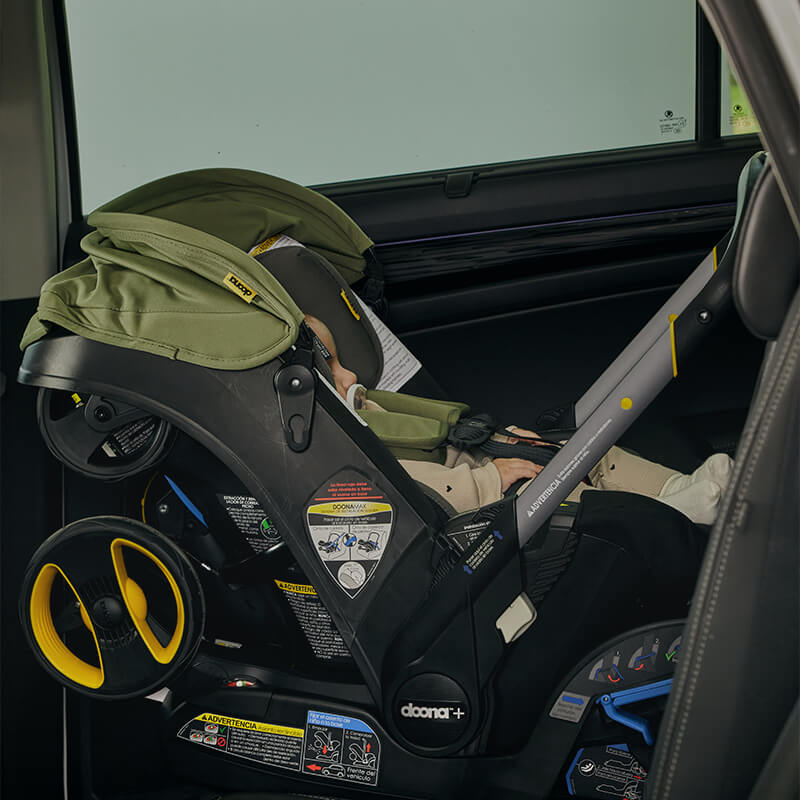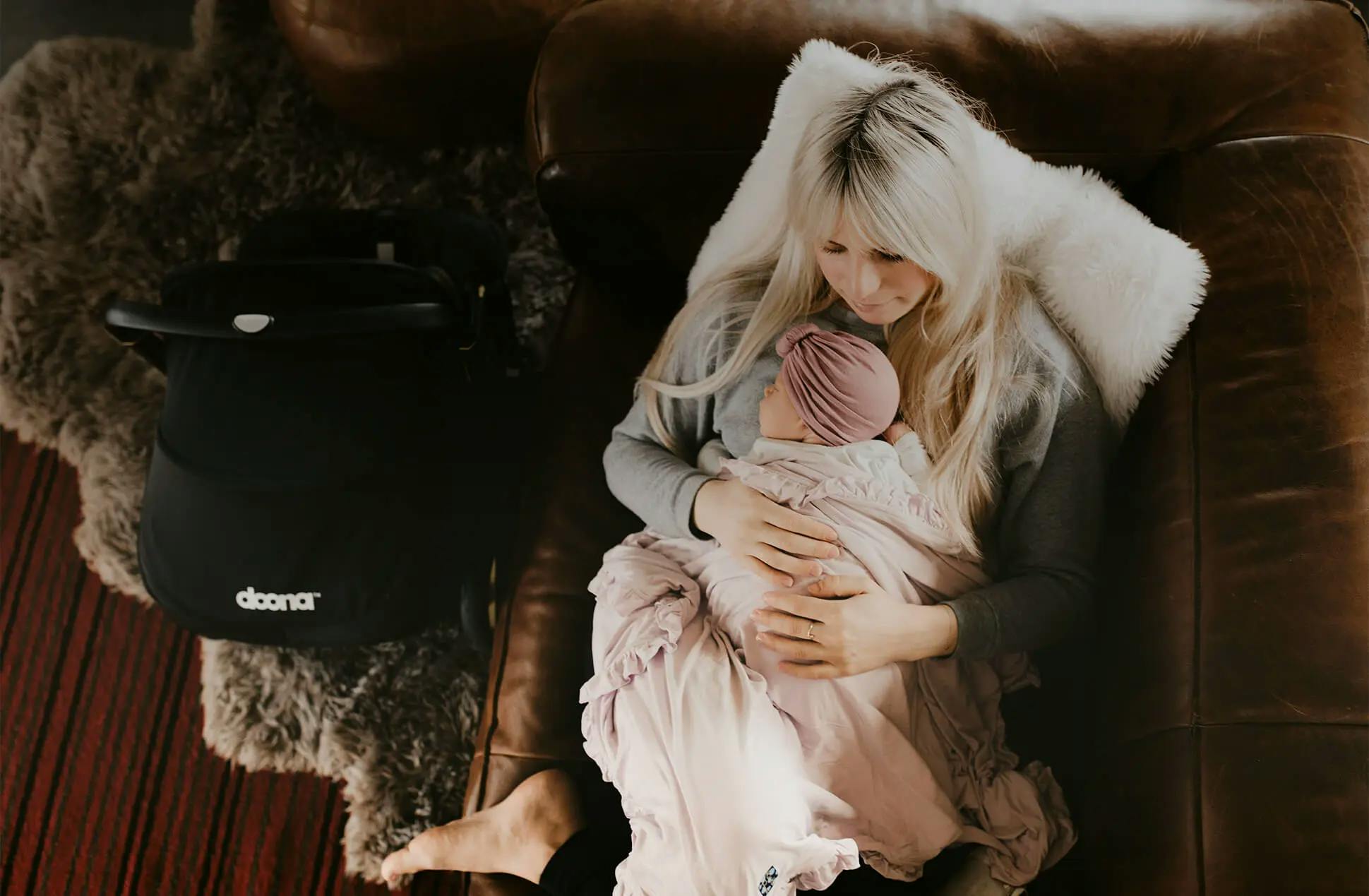Creating a baby bedtime routine
When it comes to creating a routine for little ones, consistency is key, and bedtime routines are no exception. Routines will help the baby to develop, and minimize the sleep deprivation you and your partner might be experiencing. Following a baby bedtime routine is important, as babies find peace in predictability. It also helps to lay the foundation for your little one to eventually fall asleep all on their own.
When to start a bedtime routine
In their first few months, newborns actually do not function on a schedule at all. They are used to sleeping for short periods throughout the day and night and waking up often, usually to eat. This changes around the fourth month, when babies are physically and neurologically capable of sleeping through the whole night. Sleep training, also known as self-soothing, should wait until around 4-6 months of age, as they won’t be ready before then. Remember, during the first year of a baby’s development, their sleep schedules will continually shift.
How to start a bedtime routine
Remember, consistency is key! Aim to put the baby down every day around the same time. It will help to line up daytime routines as well, including feeding times, nap times, and playtimes. Curating positivity surrounding bedtime can help this process, such as reading their favorite story, doing things that make them laugh, and making it fun!
Signaling for bed
Try creating simple cues to signal to the baby that it’s time for bed. Reading a story together with your child, dimming the lights, brushing teeth, taking a bath, changing the diaper, getting dressed in pajamas, swaddling, and turning on the white noise machine will all help contribute to a cozy bedtime routine. Adding in “goodnight” phrases or mantras that remain the same each night can be helpful as well. These will come in handy when the baby needs to sleep in an unfamiliar environment, such as on vacation or at a relative’s house, as it will help them feel more comfortable and at home.
Creating a cozy, sleep-oriented environment
The room where baby sleeps makes a huge difference in their bedtime routine! Keep their room dark and cool by blocking out any natural light that may creep in. Use a mattress that is on the firmer side to give them proper support. Consider adding a white noise machine to block out any sounds, and using a humidifier helps to improve the air quality. This will allow the baby to sleep without being interrupted by accumulated mucus. Swaddling also prevents babies from startling themselves awake, allowing them to sleep longer.
Bedtime routine tips
Creating a newborn bedtime routine can be difficult at first. Here are a few tips to get you started:
1. Help develop your child’s internal clock. If they seem too tired or too awake over a long period of time, consider reevaluating your scheduled bedtime.
2. Pay attention to your little one’s cues. If they start to get drowsy, try to avoid letting them fall asleep without first completing the routine — this will decrease the effectiveness of their routine in the future.
3. Try not to always check on your child after the first noise. After 3 months, a baby is capable of self-soothing and may be able to go back to sleep on its own.
4. Adjust your schedule as needed.
5. Be patient!
The key to a great bedtime routine is consistency! So don’t give up, you’ve got this. And if you're also looking for tips for daytime naps - we've got you covered too. Sweet dreams!
At Doona, we’re dedicated to making parenting simpler, easier and more enjoyable. That’s why we created smart and functional travel baby accessories like our Doona Car Seat & Stroller, the fully integrated travel system that transforms in a click; as well as Liki Trike, the most compact folding tricycle on the market. It’s just our way of saying thank you to all the parenting superheroes out there. Happy parenting!















